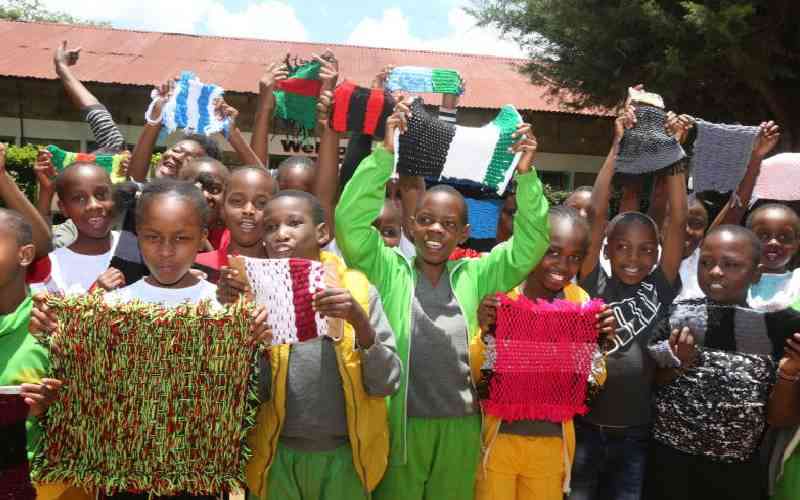×
The Standard e-Paper
Stay Informed, Even Offline

Education stakeholders are already pointing out grey areas in the Competency-Based Curriculum (CBC) they want to be addressed even before President William Ruto picks a task force to collect views from Kenyans before making recommendations.
While some teacher's unions, parents and the church want the proposed junior secondary schools (JSS) to be hosted in primary schools, education experts are asking for caution.